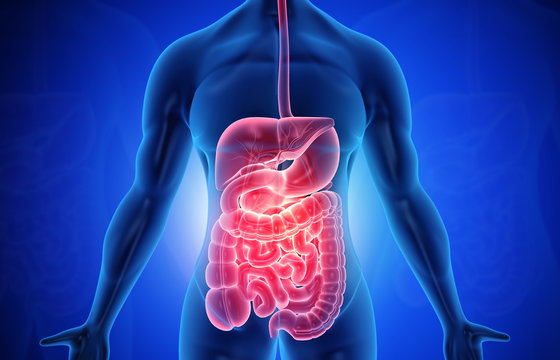Gastroenterology Disorder Treatment
Gastroenterology disorder treatment focuses on diagnosing and managing conditions affecting the digestive system, including the esophagus, stomach, intestines, liver, pancreas, and gallbladder. Common disorders such as acid reflux, irritable bowel syndrome, fatty liver disease, and hepatitis can significantly impact daily life if left untreated. Early detection plays a crucial role in preventing complications and improving outcomes. Treatment begins with accurate diagnosis through endoscopy, colonoscopy, imaging tests, and laboratory evaluations. Once a condition is identified, a personalized treatment plan is created. This often includes medications to reduce inflammation, control acid levels, or treat infections, along with dietary modifications tailored to the patient’s condition. For some patients, surgery or minimally invasive procedures may be necessary, especially in severe cases like gallstones or Crohn’s disease. Lifestyle changes such as avoiding alcohol, managing stress, and maintaining a balanced diet are also vital for long-term digestive health.
